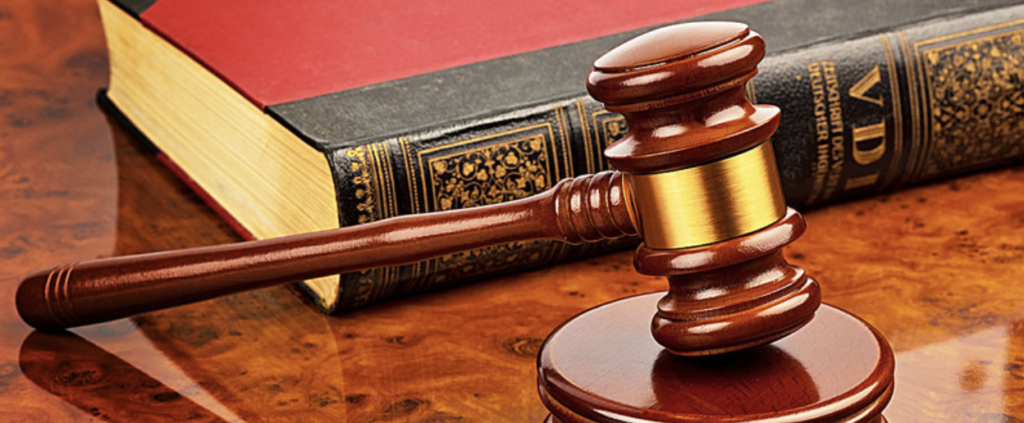
A compendium of useful resources.
Please contribute additional links via the Contact form.
- The National Constitution Center, established by Congress in 2000 to “disseminate information about the United States Constitution on a nonpartisan basis in order to increase the awareness and understanding of the Constitution among the American people” is an astonishingly insightful and thoughtful resource. Their annotated Constitution explains our founding document’s history, along with commentary offering differing views of its original, and as-interpreted meanings. Their podcast is worth adding to your rotation.
In 2021 the NCC invited three groups, libertarian, conservative and progressive, to draft their own constitutions. Their report, including five joint structural amendments, is a harbinger of a possible Citizen’s Convention.
- The Consul Project is a free application enabling direct citizen engagement from around the world. Used in over 18 countries by millions of citizens (mostly in Europe and South America), it brings decision making to the grass roots, with varying degrees of impact.
- There is an alternative, evolving platform called pol.is to help mediate these kinds of discussions and connect directly to voters. With an interesting mixed back story (worth reading)
- involved.vote connects legislators to their constituents through simple, fast and highly effective one question electronic surveys.
- Engines of Liberty: How Citizen Movements Succeed by David Cole examines the role citizens play in constitution reform. From the civil rights movement to broadening the Second Amendment, he argues change starts at the bottom led by activist and citizen groups. The Supreme Court or Constitutional amendments simply codify those preferences after-the-fact.
- The Equal Rights Amendment was first introduced in 1921. Its tortuous history is an object lesson in persistence- maintaining momentum in the face of social change, and the challenges of crafting the amendment’s wording to be acceptable to enough parties to achieve ratification.
- While all amendments to-date originated via the Congressional path, Article V offers the parallel route of a Constitutional Convention. The founding fathers provided very little guidance for this alternative, and it risks spiraling out of control. See this recent article from the Economist for one perspective, and this overview from The Center for Budget and Policy Priorities, and this from Common Cause. The actual chance of a “runaway” convention gutting the constitution is minuscule, but these fears will likely prevent its authorization.
- Ballotpedia tracks citizen referenda, and is a useful civics resource. Direct citizen input and control over legislation, is often healthy, but sometimes hijacked by special interests or lost in the heat-of-the-moment. David Bell weighs in with criticisms of referendum, but we believe the WeAmend process avoids most of these pitfalls.
- The Center for Deliberative Democracy runs moderated, in-person discussions between panels of representative citizens, and has demonstrated they can learn from each other and moderate (some) of their otherwise fixed policy positions. Not clear this consensus building experience will persist long enough to pass an amendment.
- In 2010-12 Iceland attempted to modernize their constitution by deploying a relatively inclusive, open-sourced process. While ultimately rejected by the legislature, it offers valuable lessons for this initiative.
- The Atlantic covered the pros and cons of ballot initiatives in the run-up to the 2018 mid-terms. One reason citizens resort to ballot initiatives is the disconnect between their views and how their representatives vote.
- Citizen’s United remains a controversial decision. American Promise is spearheading an amendment through Congress to reverse the effects of that decision.
- The Advancement Project is working to secure universal voting rights. In 2008 they wrote an excellent position paper describing the real politick issues limiting ratification of a voting rights amendment, and decided the exact wording of the amendment was so critical, it required a separate process with many voices to get right.
- The Center for Constitutional Governance (CCG) at Columbia Law School is a nonpartisan legal and policy organization devoted to the study of constitutional structure and authority- a source of thoughtful forums and research.
- USC maintains a complete list of states by referenda and ballot initiatives.
- The ACE Electoral Knowledge Project tracks and assists voting rights practitioners globally. They offer a database of countries with direct democracies and national referendum.
- Sanford Levinson of UTAustin argues for radical constitutional change in the NYTimes, and Justice Stevens weighs in on Six Ways to modify the Constitution to protect democracy.
- Other countries have learned from our constitution, and in some aspects, have improved on the original. Compare and contrast at The Constitution Project